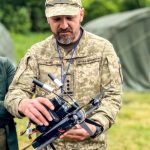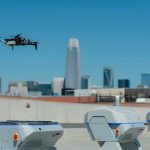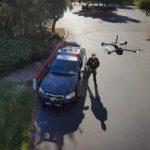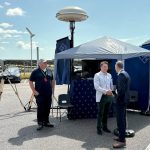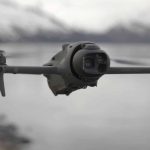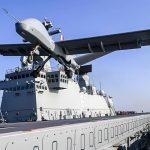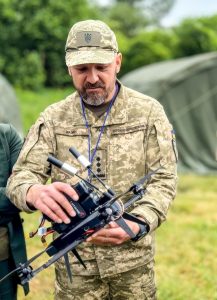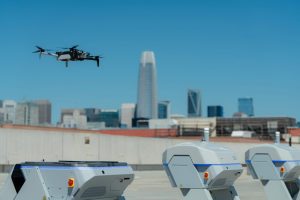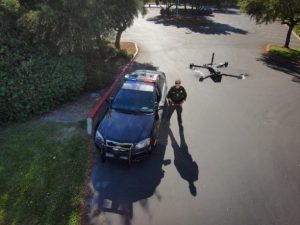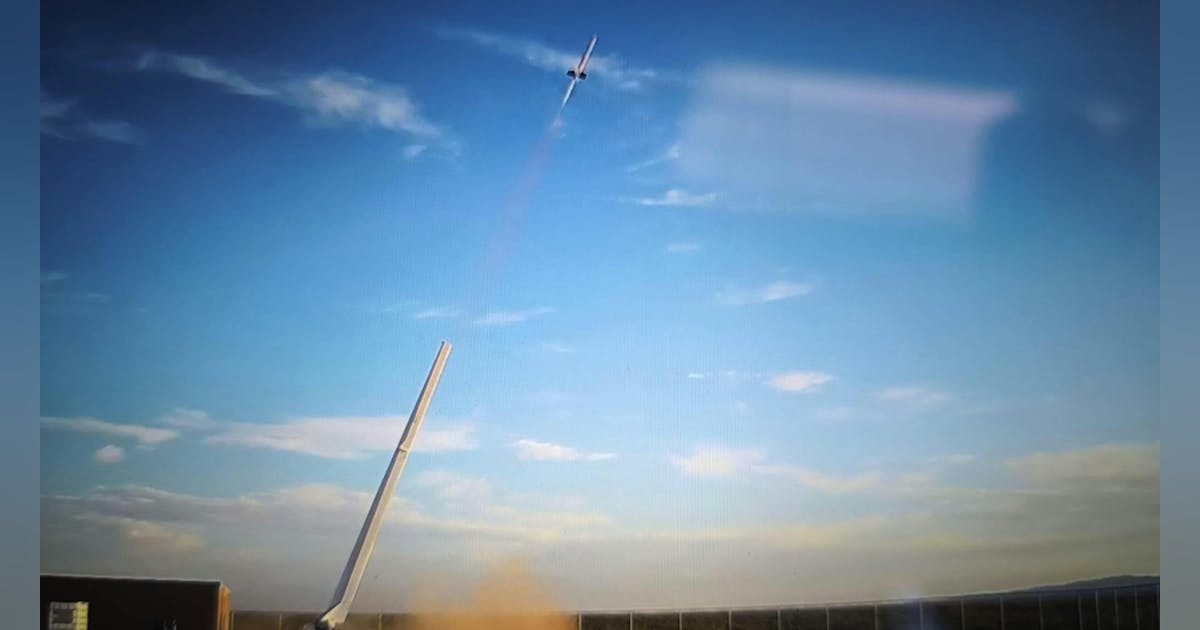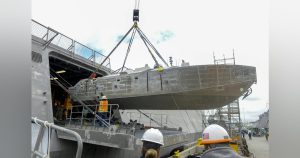Venus Aerospace Performs First U.S. Flight Test of Rotating Detonation Rocket Engine
Date: May 16, 2025
Based in Houston, Venus Aerospace has announced a significant milestone in the aerospace industry with the completion of a flight test for a rotating detonation rocket engine (RDRE). This groundbreaking propulsion system has been theorized for decades but has never been successfully tested in an American-developed vehicle. The test took place at Spaceport America, New Mexico, paving the way for high-speed reusable aircraft that can exceed speeds of six times the speed of sound.

Rotating detonation rocket engines harness spinning detonation waves to generate thrust. Despite being researched since the 1980s, implementing RDREs in operational systems has been fraught with challenges. The successful flight test by Venus Aerospace showcases the engine’s performance and structural integrity in real-world conditions.
CEO and co-founder Sassie Duggleby stated, “This is the moment we’ve been working toward for five years. We’ve demonstrated the viability of this technology—not just through simulations or laboratory tests, but in actual flight operations.”
According to company representatives, the RDRE outperforms traditional rocket engines in terms of efficiency and size, making it ideal for both defense and commercial applications. The design is set to work in conjunction with Venus’s air-breathing ramjet engine, VDR2, enabling aircraft to launch from runways and accelerate to hypersonic speeds without the need for rocket boosters.
Dr. Rodney Bowersox, a professor of aerospace engineering at Texas A&M University, commented, “Rotating detonation rocket engines have intrigued scientists for years. Venus is demonstrating that these engines aren’t just theoretical concepts—they can be constructed, tested, and utilized effectively in real-world scenarios.”
Andrew Duggleby, co-founder and CTO of Venus, emphasized that the team has addressed key engineering obstacles to realize the benefits of detonation-based propulsion. “We have engineered an effective and reliable engine,” he noted. “This breakthrough forms the basis for achieving sustained hypersonic flight from takeoff.”
The Hypersonic Future
Scott McLaughlin, Executive Director of Spaceport America, heralded the recent flight as a monumental event for hypersonic technology, stating, “Getting a rotating detonation rocket engine operational is an achievement many deemed impossible in such a brief timeframe.”
Venus Aerospace is currently developing the Stargazer M4, a Mach 4 passenger aircraft, with future plans for comprehensive propulsion testing and the integration of the RDRE-VDR2 system.
The hypersonics sector is rapidly expanding, projected to exceed $12 billion by 2030 due to military and commercial applications. With this successful flight test, Venus Aerospace positions itself as a leader in this burgeoning market.
Thomas d’Halluin from Airbus Ventures remarked, “Venus has impressively transformed extensive technical knowledge into tangible progress. We support their innovative initiatives wholeheartedly.”
About the Author: Jamie Whitney is an experienced writer for Military & Aerospace Electronics and Intelligent Aerospace, with a background in newspaper journalism. He produces insightful content across various platforms including news articles, industry event coverage, and digital media development.
For more information, read the Original Article.
